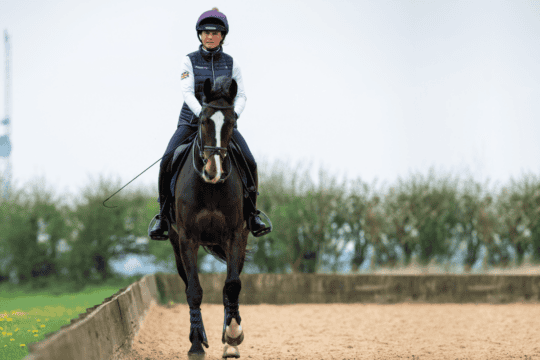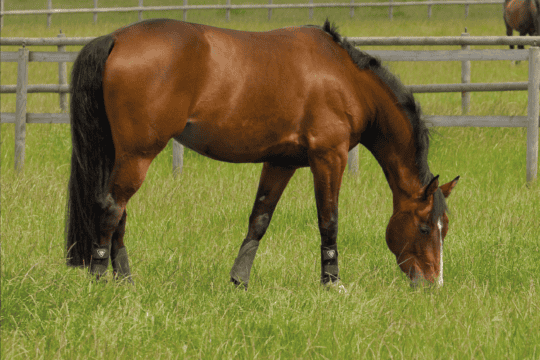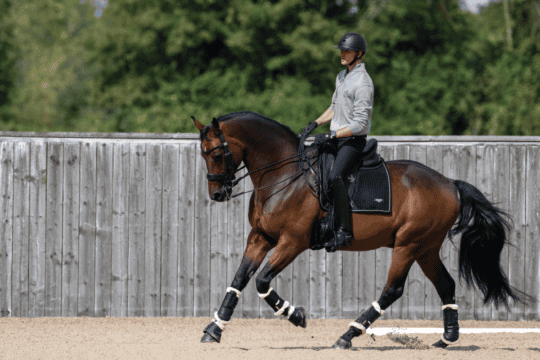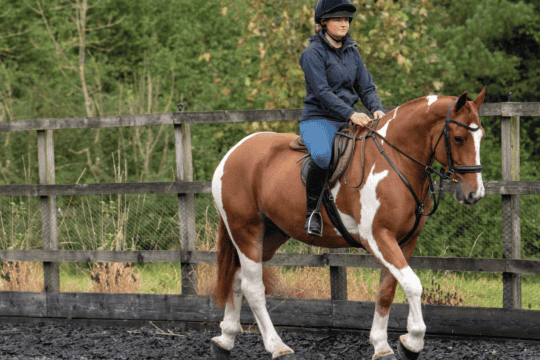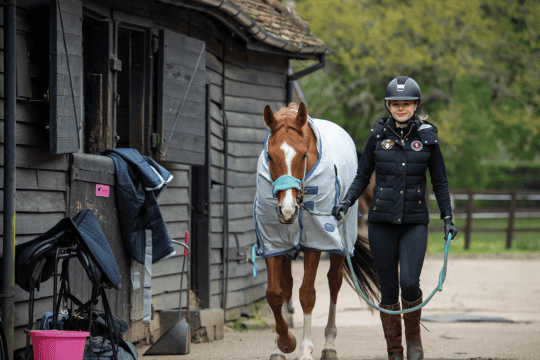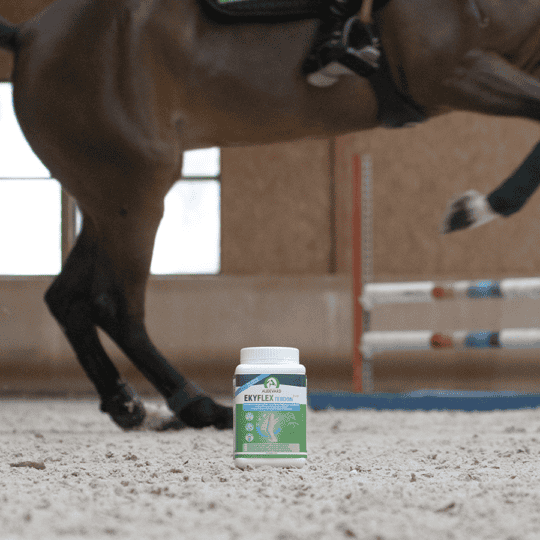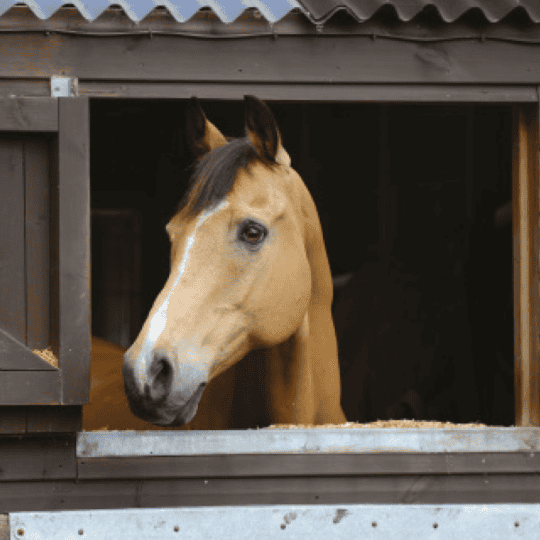Management 101: golden oldies
Posted 23rd November 2023
In part 2, Fizz Tickridge-Marshall looks at ways to keep your veteran occupied mentally
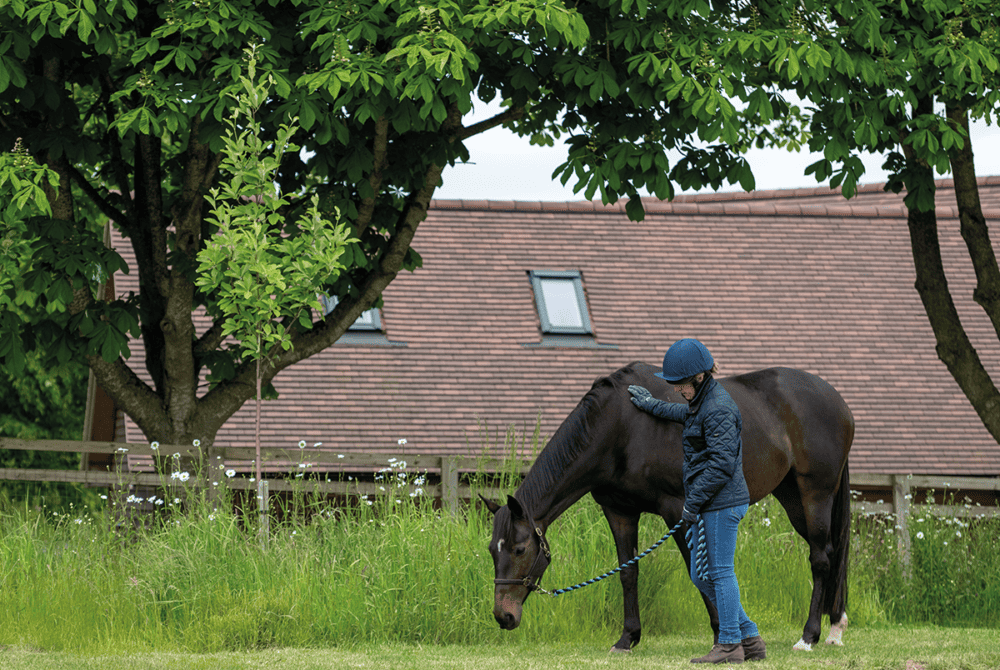
If your older horse is enjoying a slightly quieter life these days, be that fully retired or not being ridden quite as often, keeping him bright and happy is hugely important for his overall wellbeing, especially if he’s stabled for some of the time. In addition to keeping his body moving, providing him with some mental stimulation and preventing boredom can really contribute towards this.
For many horses, regular exercise helps settle their brains, so, just as with people, it’s important to continue giving your veteran equine something to think about, to enable their minds to remain active even if their bodies need to slow down a little.
Keep it interesting
Just as it is with humans, stopping all exercise as he ages is about the worst thing a horse can do. Essentially, all horses are athletes – and flight animals – so steady, consistent movement is vital to maintain their bodies. This could involve a daily wander in the paddock, light hacking or it could be some work in hand over poles, carrot stretches and low-intensity mobility exercises.
The end of serious ridden work doesn’t mean your retiree has to have a boring life, though. Many shows have veteran in-hand showing classes, so keep an eye open for anything suitable in your area. A bath, spruce-up and a day out at a party is a great brightener for both horse and handler, and can allow your horse to continue to compete without the need to be ridden.
Routine activities
Creating a new routine is important when your horse’s workload starts to change so that he knows what to expect in his new way of life. As with a horse in full work, your retiree doesn’t need to be clockwatching, ready for the exact hour when he’ll be turned out in the field. It’s more about providing some regularity to his day-to-day life.
Having a routine, albeit a flexible one, will help your horse relax and provide structure to his days. If you don’t establish one, you may find it has a detrimental effect on how happy and secure he feels.
Bringing him in from the field as and when to go for a hack or to do a bit in the school and then dropping him again for days or weeks at a time is never going to be the best thing for your horse. Instead, think about how you can organise his days and weeks to keep him interested in life and mentally engaged.
Find out more top tips for managing your older horse in January Horse&Rider – grab your copy today!


